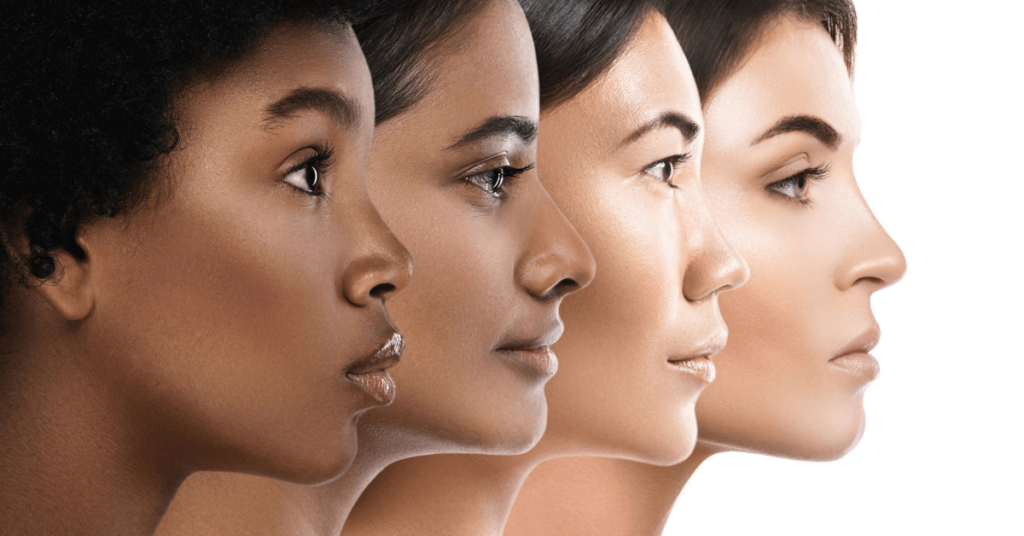Our skin is a crucial organ that not only provides a protective barrier but also plays a significant role in our appearance and overall health. While everyone’s skin is unique, certain characteristics are commonly associated with healthy skin. Here are some of the most notable features of healthy skin:
• Moisture: Healthy skin is adequately hydrated, which means it retains moisture and does not feel dry or flaky. Proper hydration helps the skin maintain its elasticity, prevent wrinkles, and support healthy cell turnover.
• Smooth texture: Healthy skin has a smooth texture that feels soft and supple to the touch. It should be free of bumps, rough patches, or excessive oiliness.
• Even tone: Healthy skin has an even tone, without significant color variations, blotchiness, or visible veins. It may also have a natural glow or radiance.
• Resilience: Healthy skin has a strong barrier function that protects it from external stressors, such as pollution, UV radiation, and bacteria. It can repair itself quickly in case of damage and has a robust immune response to prevent infections.
• Minimal sensitivity: Healthy skin is generally tolerant of most skincare products and environmental factors, such as weather changes, without reacting with redness, itching, or burning sensations.
• Proper pH balance: Healthy skin maintains a slightly acidic pH level, which helps preserve its natural barrier function and prevent infections.
• Adequate blood flow: Healthy skin has proper blood circulation, which delivers oxygen and nutrients to the skin cells and removes waste products.
• Elasticity: Healthy skin has good elasticity, which means it can stretch and bounce back without sagging or showing signs of aging.
Healthy skin is smooth, hydrated, even-toned, resilient, minimally sensitive, properly balanced in pH, adequately nourished with blood flow, and elastic. These characteristics are achievable through a combination of good skincare habits, a healthy lifestyle, and regular check-ups with a dermatologist.


